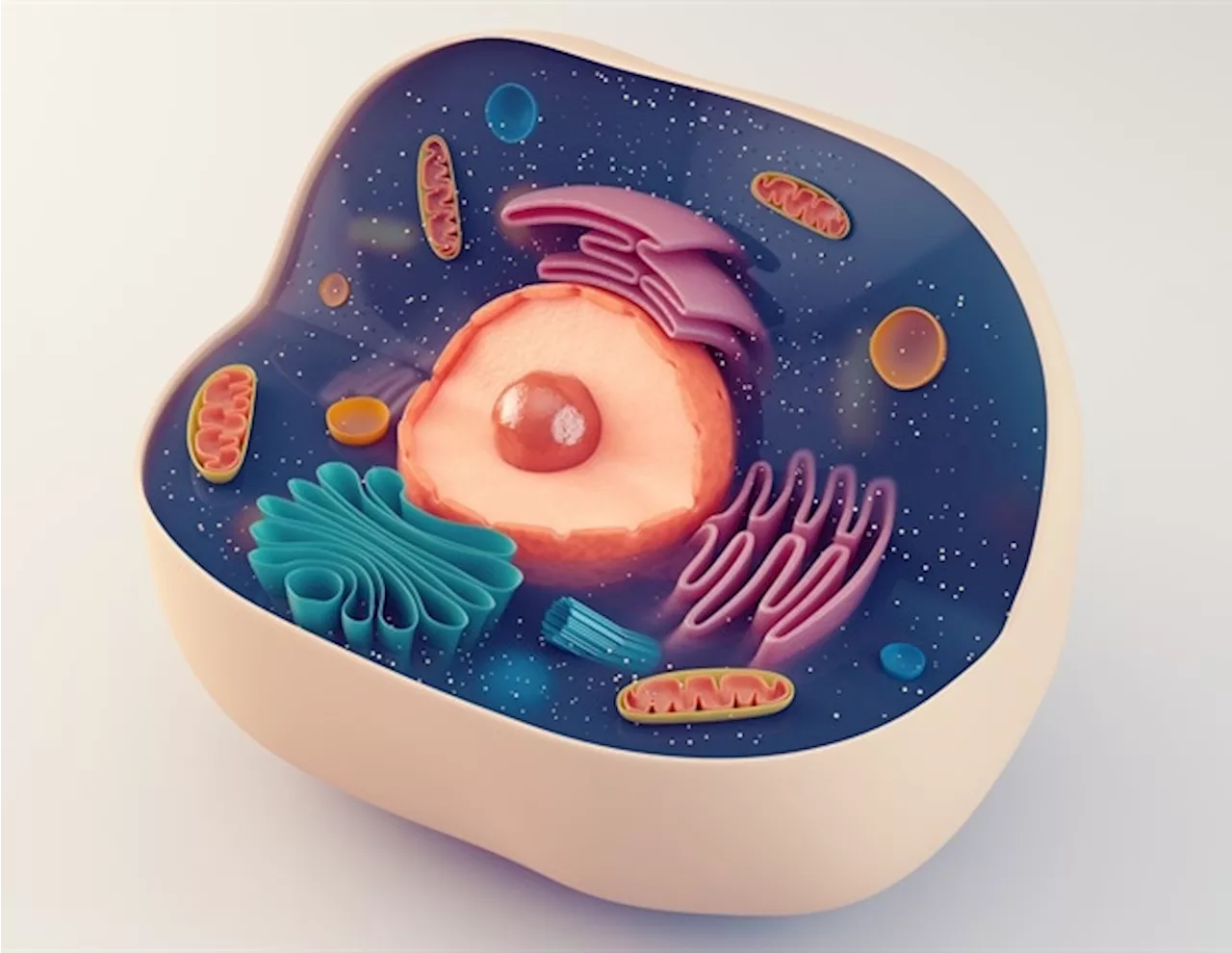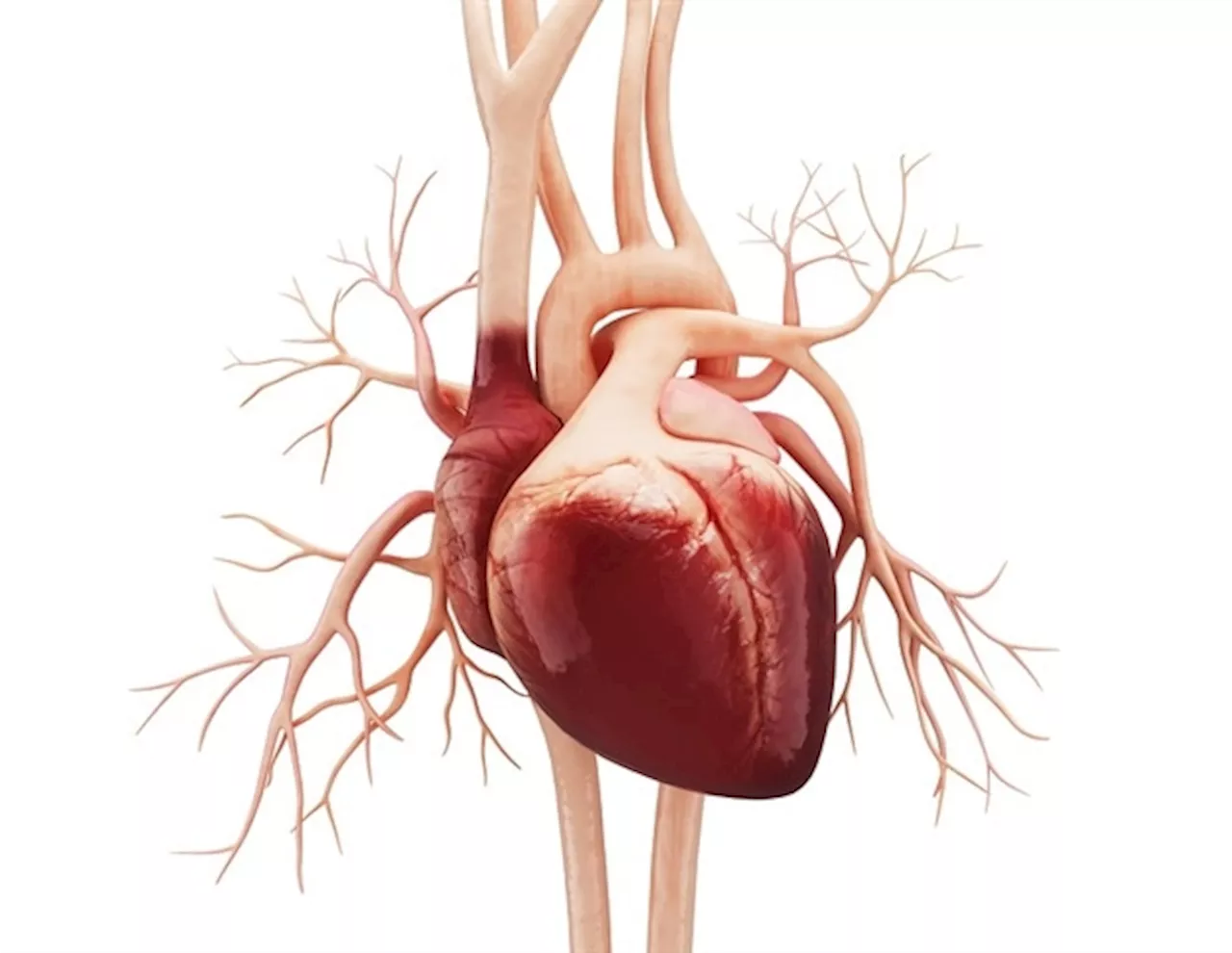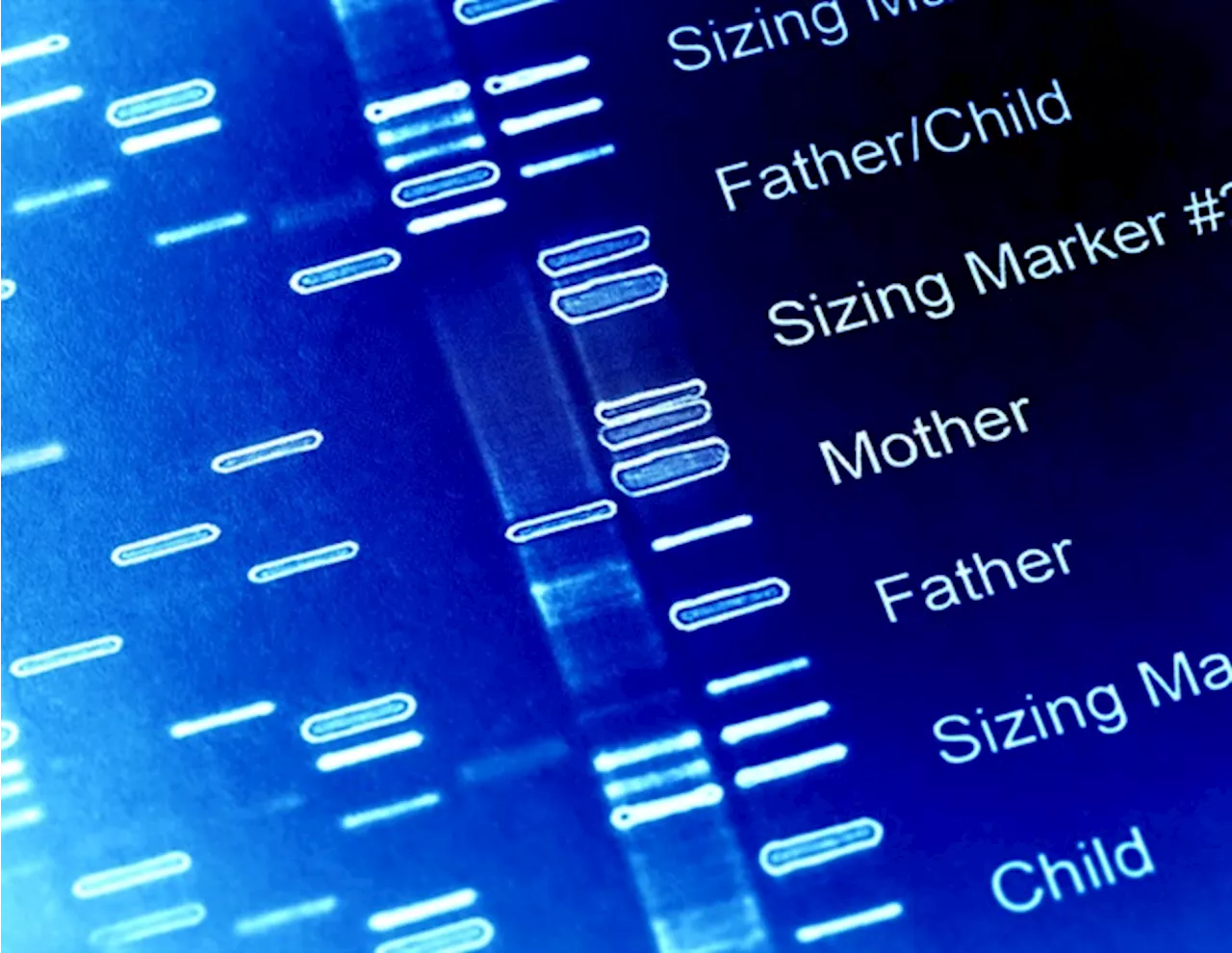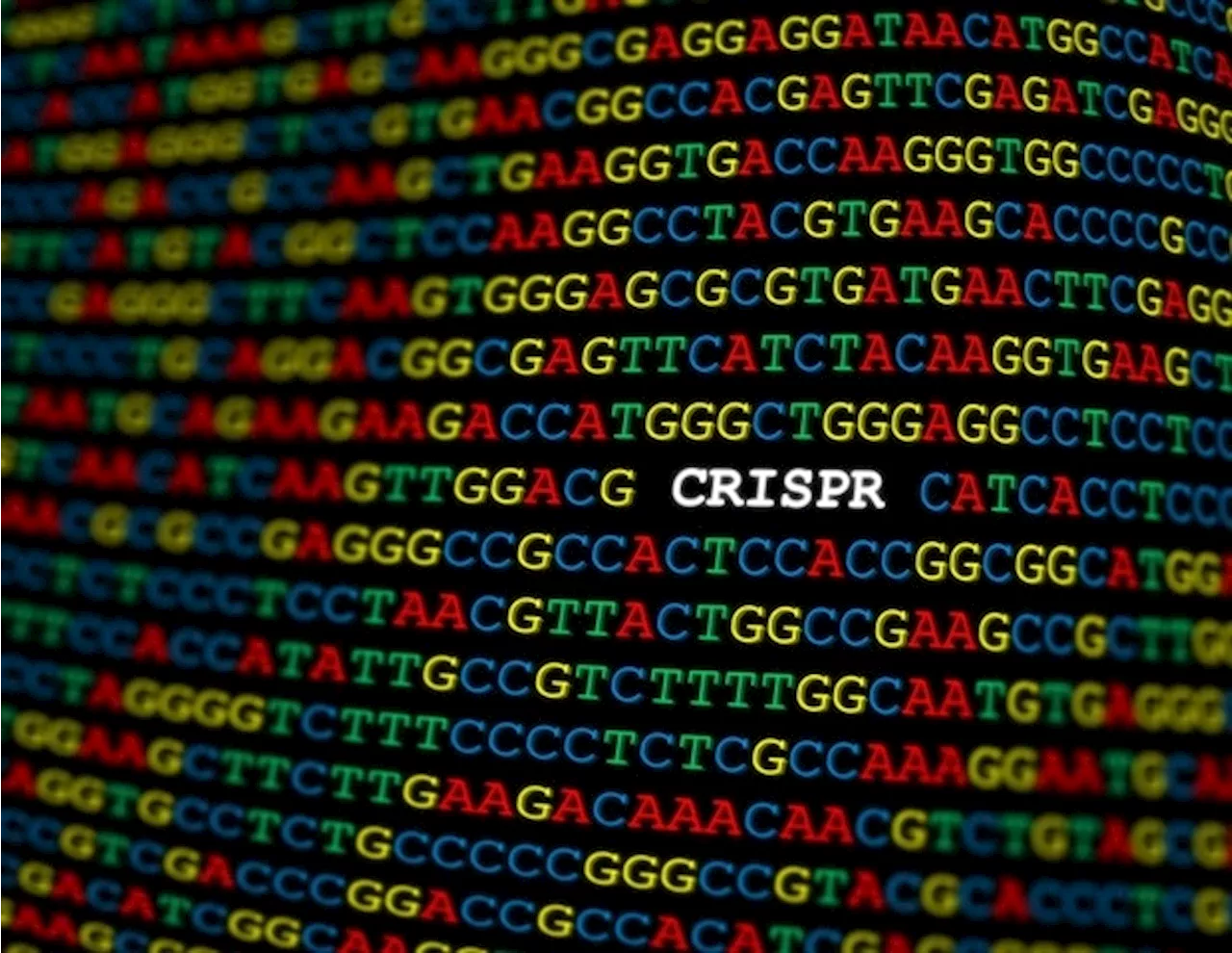Genome editing with various CRISPR-Cas molecule complexes has progressed rapidly in recent years.
ETH ZurichDec 5 2024 Hundreds of labs around the world are now working to put these tools to clinical use and are continuously advancing them.
The cut activates two natural repair mechanisms that the cell uses to repair such damage: a fast but imprecise one that reconnects only the ends of the cut DNA, and a slow and precise one that is slow and thorough but not activated in every case. The latter requires a copyable template for repair to accurately rejoin the DNA at the cut site.
A research group led by Jacob Corn has just discovered that the use of AZD7648 has serious side effects. The study has just been published in the journal Nature Biotechnology. Extent of damage is large The extent of the negative effects surprised the researchers. In fact, they suspect that they do not yet have a complete picture of the full extent of the damage because they did not look at the entire genome when analyzing the modified cells, only partial regions.
But how did the ETH researchers become aware of the problem? In other studies, the researchers showed how highly effective and precise CRISPR-Cas9 gene editing is when AZD7648 is added. "This made us suspicious, so we took a closer look," says Jacob Corn.
Technology Biotechnology Cancer Cas9 Cell DNA Gene Genetic Genome Genome Editing Heat Molecule Research
United Kingdom Latest News, United Kingdom Headlines
Similar News:You can also read news stories similar to this one that we have collected from other news sources.
 Ultrasound-controlled CRISPR offers precision in treating genetic disordersThanks to CRISPR, our medical specialists will soon have unprecedented control over how they treat and prevent some of our most challenging genetic disorders and diseases.
Ultrasound-controlled CRISPR offers precision in treating genetic disordersThanks to CRISPR, our medical specialists will soon have unprecedented control over how they treat and prevent some of our most challenging genetic disorders and diseases.
Read more »
 Barcoding small extracellular vesicles with new CRISPR-based systemCell-to-cell communication through nanosized particles, working as messengers and carriers, can now be analyzed in a whole new way, thanks to a new method involving CRISPR gene-editing technology.
Barcoding small extracellular vesicles with new CRISPR-based systemCell-to-cell communication through nanosized particles, working as messengers and carriers, can now be analyzed in a whole new way, thanks to a new method involving CRISPR gene-editing technology.
Read more »
 CRISPR-based therapy shown to be safe, effective for people with transthyretin amyloidosisA new type of therapy that 'edits' a gene in patients with a rare heart condition has been shown to be safe and effective, according to research from UCL and the Royal Free Hospital.
CRISPR-based therapy shown to be safe, effective for people with transthyretin amyloidosisA new type of therapy that 'edits' a gene in patients with a rare heart condition has been shown to be safe and effective, according to research from UCL and the Royal Free Hospital.
Read more »
 First U.S. trial uses non-viral CRISPR to correct sickle cell mutationUCSF Benioff Children's Hospital Oakland is enrolling patients in an innovative clinical trial that seeks to cure sickle cell disease.
First U.S. trial uses non-viral CRISPR to correct sickle cell mutationUCSF Benioff Children's Hospital Oakland is enrolling patients in an innovative clinical trial that seeks to cure sickle cell disease.
Read more »
 Gene editing with CRISPR may introduce new defectsThe CRISPR tool is capable of repairing the genetic defect responsible for the immune disease chronic granulomatous disease.
Gene editing with CRISPR may introduce new defectsThe CRISPR tool is capable of repairing the genetic defect responsible for the immune disease chronic granulomatous disease.
Read more »
 Multi-omics-based classification of gastrointestinal stromal tumors lays groundwork for precision treatmentA recent study offering a comprehensive view of the genome and transcriptome of gastrointestinal stromal tumors (GISTs) has introduced a new, multi-omics-based molecular classification of these tumors.
Multi-omics-based classification of gastrointestinal stromal tumors lays groundwork for precision treatmentA recent study offering a comprehensive view of the genome and transcriptome of gastrointestinal stromal tumors (GISTs) has introduced a new, multi-omics-based molecular classification of these tumors.
Read more »
